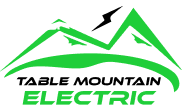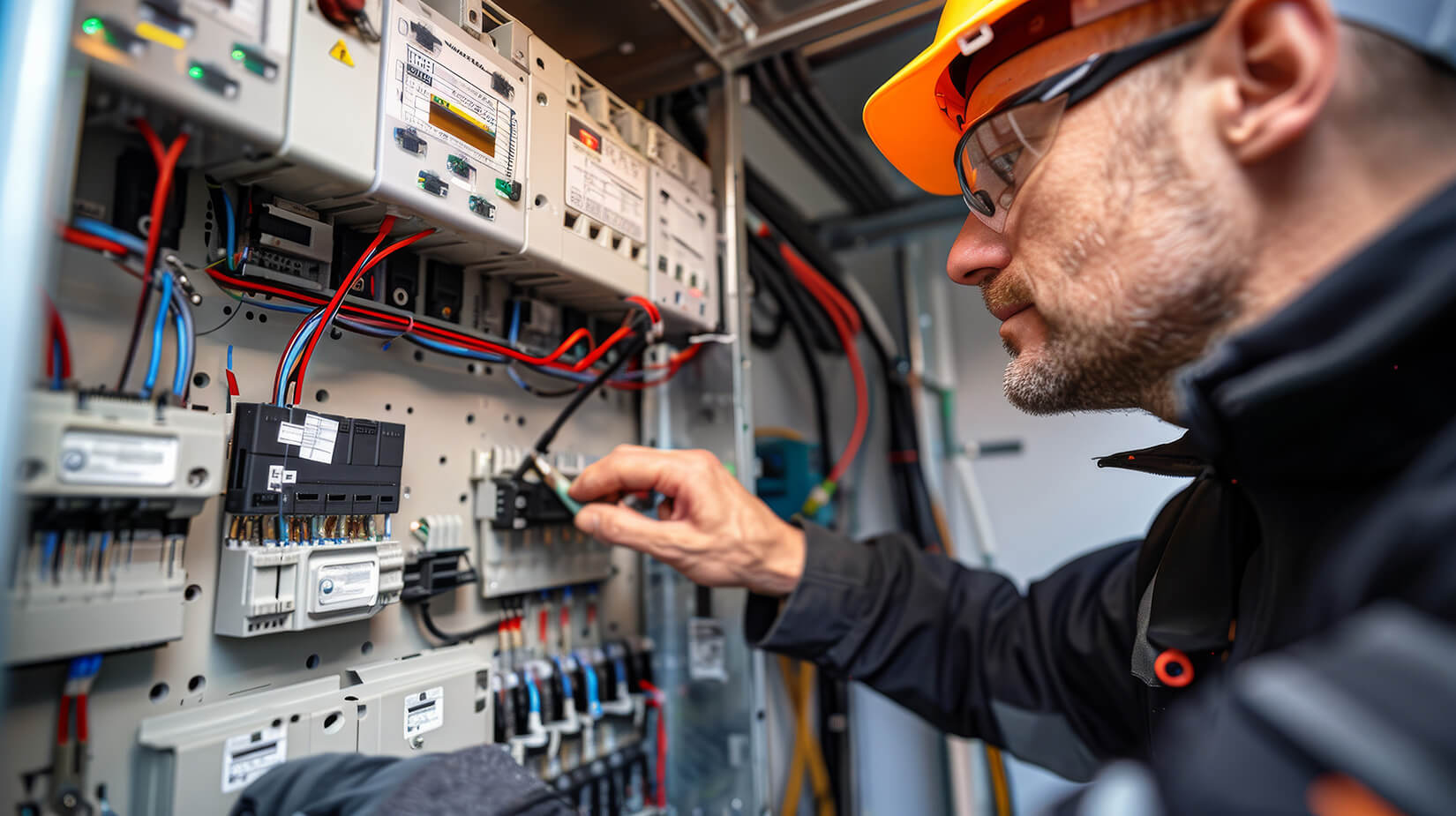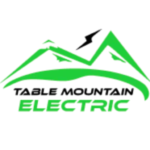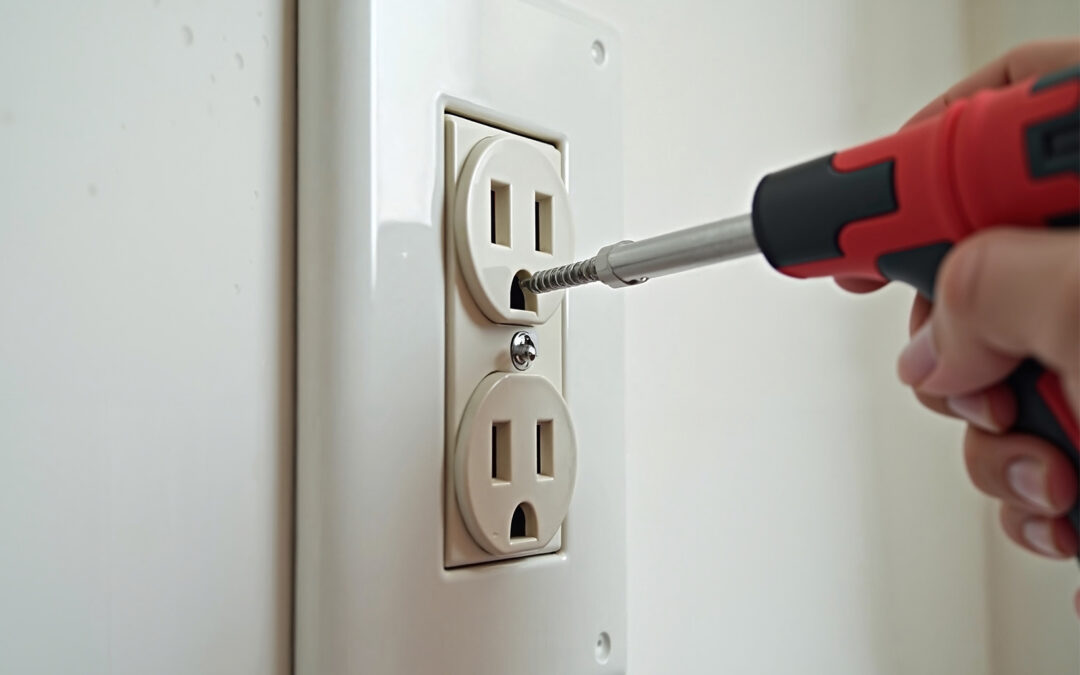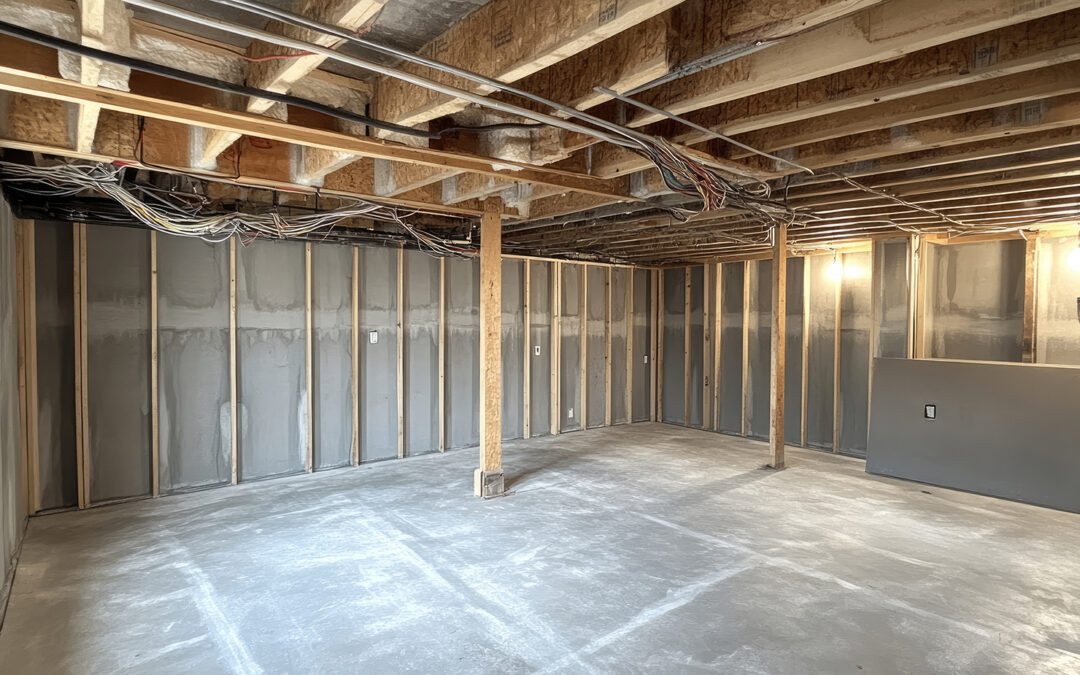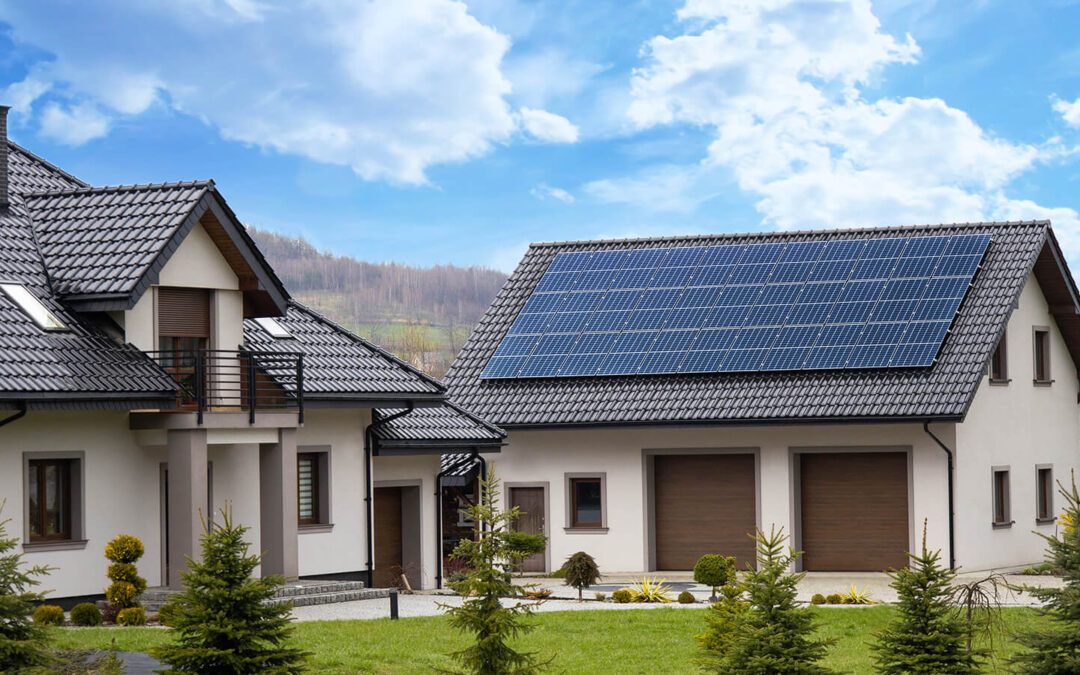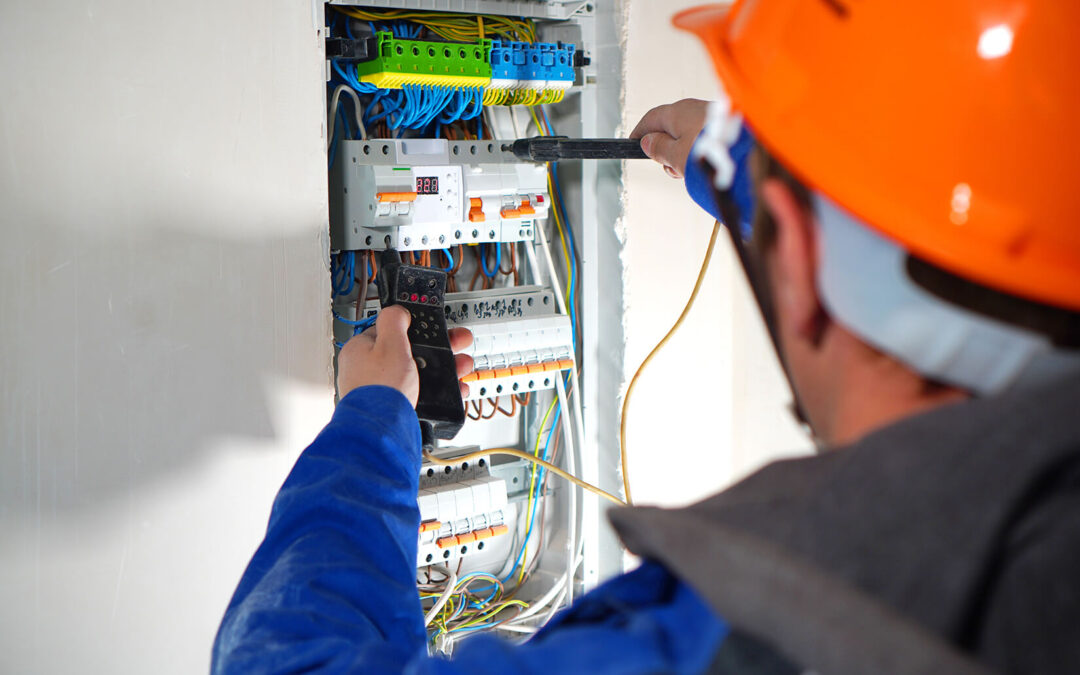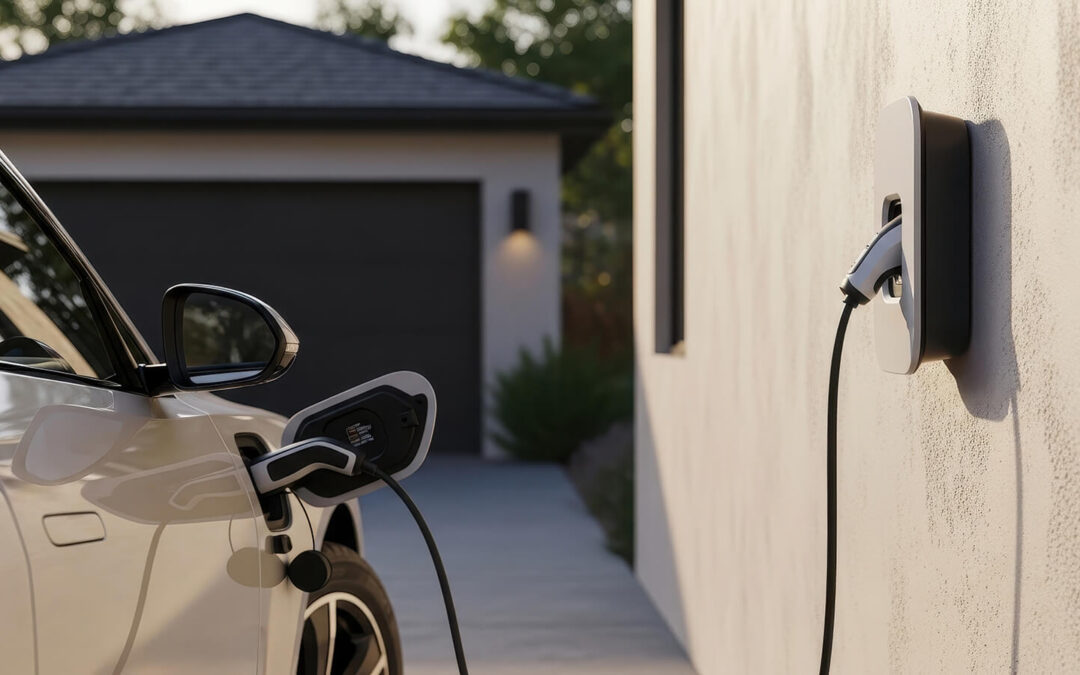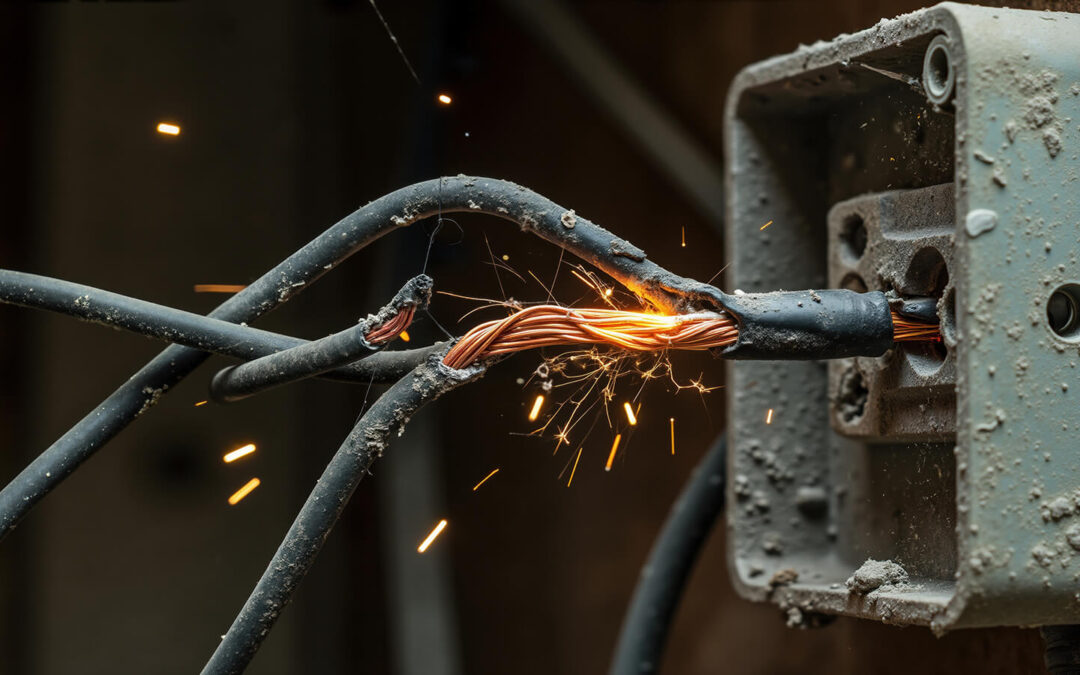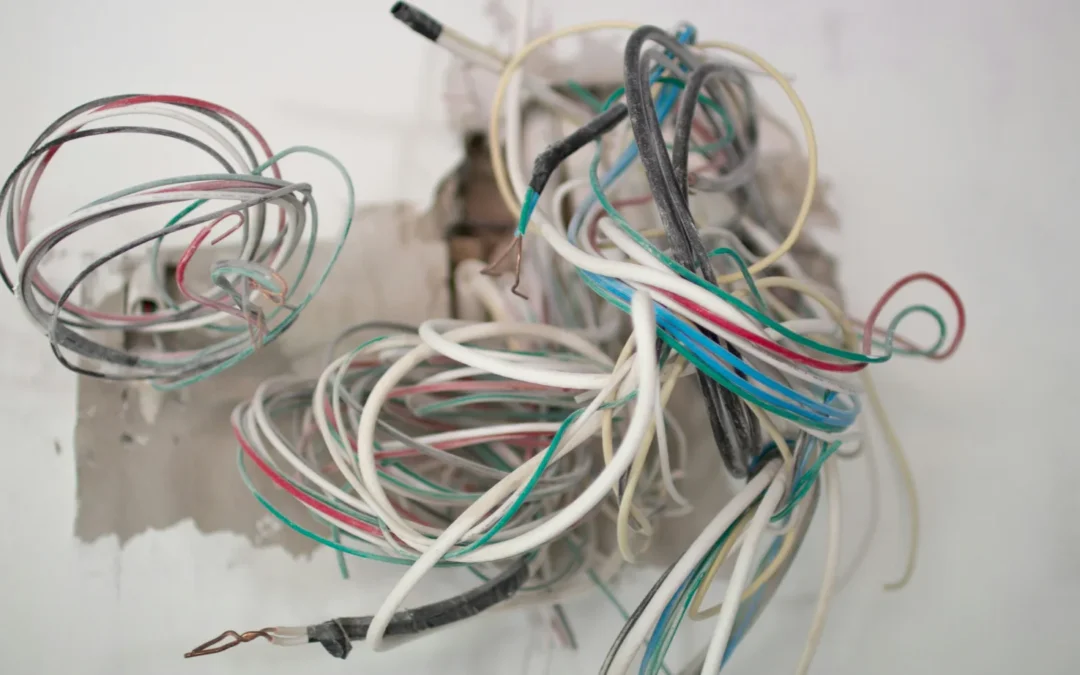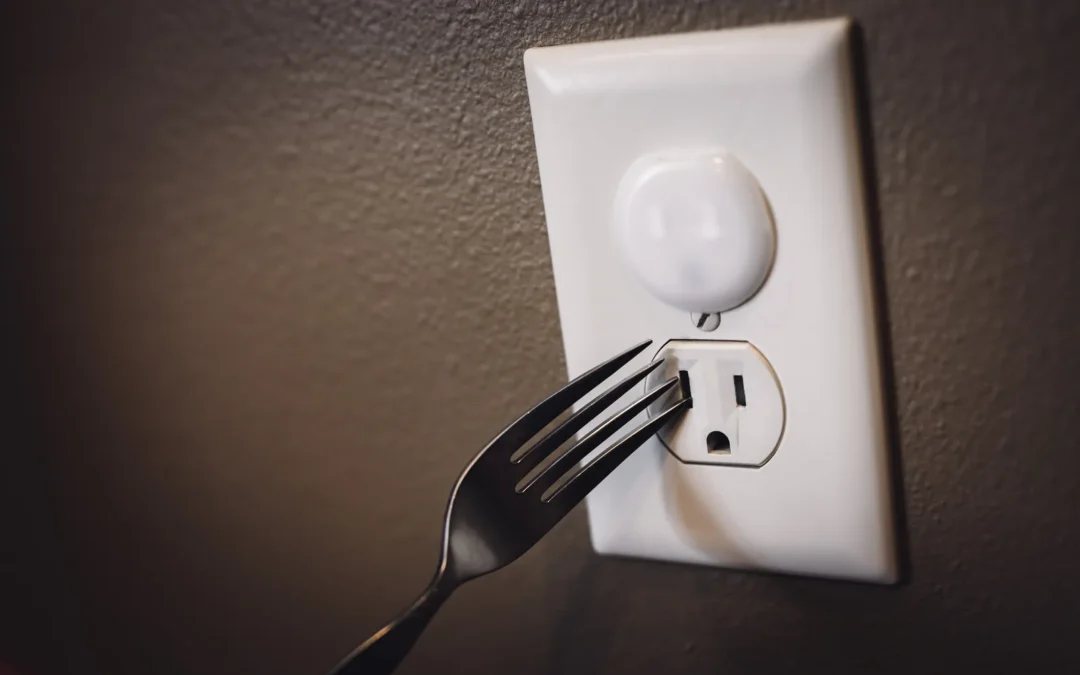Electricity powers nearly everything in our homes, from kitchen appliances and entertainment systems to HVAC units and smart devices. But what happens when a sudden power surge strikes? A single spike in voltage can fry sensitive electronics, damage appliances, or even pose a fire hazard.
That’s where surge protection comes in. Homeowners generally face two options: plug-in surge protectors and whole-home surge protection systems. But which one is right for you? Let’s break down the differences, benefits, and drawbacks of each so you can make the best decision for your home.
What Is a Power Surge?
A power surge is a sudden increase in electrical voltage beyond the normal flow. Although surges can last only microseconds, the damage they cause can be permanent.
Common causes of power surges include:
- Lightning strikes
- Downed power lines
- Faulty wiring
- Utility company switching
- High-powered appliances cycling on and off (e.g., refrigerators, HVAC systems)
Surges don’t just come from the grid. Many are generated inside your own home. That’s why ongoing protection is so important.
What Are Plug-In Surge Protectors?
Most people are familiar with plug-in surge protectors: those power strips with multiple outlets often used for TVs, computers, and gaming systems.
Advantages of Plug-In Surge Protectors:
- Affordable: Usually between $20–$100.
- Convenient: Easy to use, just plug them into an outlet.
- Localized protection: Great for sensitive electronics like laptops, TVs, and routers.
Drawbacks:
- Limited coverage: They only protect devices directly plugged into them.
- Lower capacity: Can’t handle larger surges from lightning or utility grid issues.
- Short lifespan: Once they absorb a big surge, they often stop working without warning.
Plug-in surge protectors are best as a secondary line of defense for electronics in specific rooms.
What Is Whole-Home Surge Protection?
Whole-home surge protectors are installed directly at your electrical panel by a licensed electrician. Instead of protecting just one outlet, they defend your entire home’s wiring and connected devices.
Advantages of Whole-Home Surge Protection:
- Comprehensive coverage: Protects everything in your home, from your HVAC to kitchen appliances.
- Handles larger surges: Built to withstand major spikes from lightning or power company fluctuations.
- Longer lifespan: Designed for years of reliable protection.
- Energy efficiency: Reduces the risk of wasted power from damaged or stressed appliances.
- Insurance benefits: Some insurers may offer discounts for homes with whole-home surge protection.
Drawbacks:
- Higher upfront cost: Typically $300–$1,000 for equipment and installation.
- Professional installation required: Not a DIY project. You’ll need a licensed electrician.
Whole-home surge protection is the first line of defense for safeguarding your entire electrical system.
Do You Need Both?
The truth is, the best protection often comes from combining the two. A whole-home surge protector shields your electrical panel and large appliances, while plug-in protectors add an extra layer for delicate electronics.
Think of it like locking your doors and setting an alarm system. You’re simply doubling your defense.
Cost vs Value
Surge protectors are inexpensive, but you may need multiple units throughout the house. Over time, replacing them after big surges adds up.
Whereas, whole-home surge protection costs more upfront but provides lasting protection for your entire system. Considering the average U.S. household has $15,000 worth of electronics and appliances, the investment quickly pays for itself.
Signs You Should Consider Whole-Home Surge Protection
- You’ve experienced frequent tripped breakers or power fluctuations.
- You have expensive appliances or smart home systems.
- You live in an area prone to storms and lightning.
- You plan to install an EV charger, solar panels, or new HVAC system.
- Your insurance company recommends or incentivizes it.
Why Professional Installation Matters
Whole-home surge protection isn’t something you can simply plug in. It requires integration with your main electrical panel, often with dedicated breakers.
A licensed electrician will:
- Evaluate your electrical system capacity.
- Install the surge protector safely and to code.
- Ensure all circuits are properly connected.
- Provide guidance on ongoing maintenance.
What’s Best for You?
If you’re mainly concerned about protecting laptops, TVs, and routers, plug-in surge protectors may be enough. However, if you want true peace of mind for your entire home, including HVAC, appliances, and future upgrades, whole-home surge protection is the smarter investment, though most homeowners benefit from using both for layered protection.
Protect Your Home with Table Mountain Electric
At Table Mountain Electric, we specialize in whole-home surge protection installation for homeowners across the Denver Metro Area. Our licensed electricians will evaluate your system, recommend the right solution, and install it safely to code so you can protect your home, your electronics, and your peace of mind.Call us today at (720) 613-2299 or book online to schedule your surge protection consultation. Don’t leave your home vulnerable to the unexpected. Invest in the protection you deserve with Table Mountain Electric.


